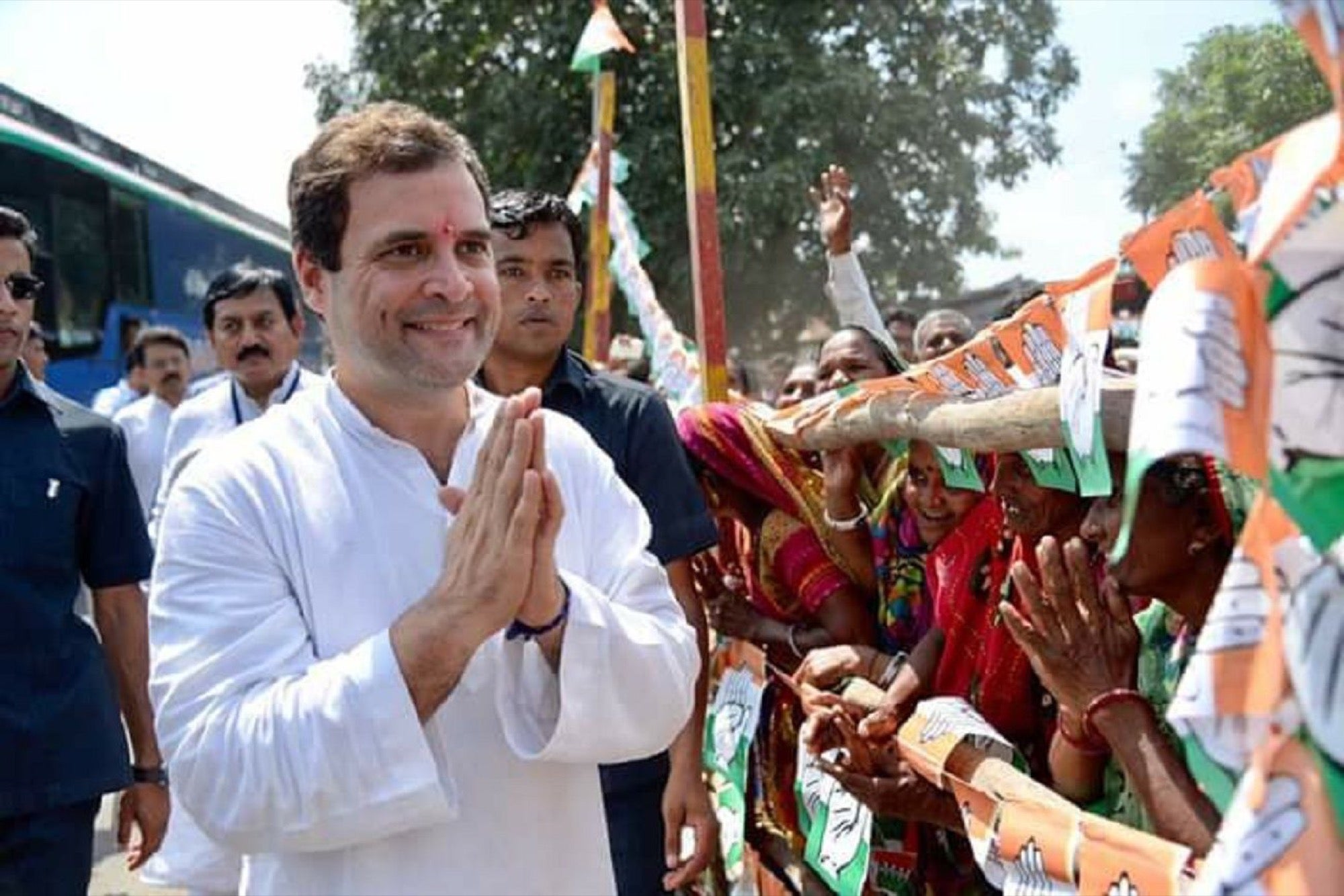Is the Opposition Right This Time? Are SMEs Overburdened after Demonetization and GST? With increasing documentation under the GST, many SMEs are finding it difficult to focus on productive work, being overburdened with the regulatory work of filing taxes
Opinions expressed by Entrepreneur contributors are their own.
You're reading Entrepreneur India, an international franchise of Entrepreneur Media.

Terming GST as a badly conceptualized tax structure, Rahul Gandhi has recently accused Prime Minister Narendra Modi of making it difficult for small and medium businesses to even survive post demonetization.
While addressing the annual general meeting of the Punjab-Haryana-Delhi Chamber of Commerce, Gandhi said, "The government ignored all our suggestions on GST and introduced it with celebrations at midnight."
"Demonetization has crippled SMEs and has destroyed the unorganized sector, forcing workers to leave urban employment and go back to their villages, looking for MNREGA work," he added.
The young leader also spoke on how GST is only adding to the distrust with its flawed structure, forcing businesses to incur massive transaction costs that are destroying them.
Following the vitriolic speech by this vociferous opposition leader, Entrepreneur India contacted some SMEs to know how the owners are dealing with the changing norms.
"Can't Make Products Affordable Under This Tax Slab'
With increasing documentation under the GST, many SMEs are finding it difficult to focus on productive work, being overburdened with the regulatory work of filing taxes.
Owner of Bharat Floorings, a leading tile-manufacturing company, Firdaus Variava said, "The tax slab is 28% and is the highest so far. We would like to make our tiles affordable to everyone, but such a high tax rate has triggered a negative reaction among cost-conscious customers."
Variava added that the GST filing process is cumbersome. "And instead of benefitting us, it is increasing the company's expenses. We had to go on a fresh hiring spree for more manpower to deal with the additional work of filing of taxes," he added.
He said he has not noticed any change in the business operations following the implementation of GST, unlike the popular notion that the tax reform is supposed to ensure the ease of doing business. "I have no idea of what steps the Centre is taking to provide assistance to SMEs," he said.
Additional Responsibilities that Businesses Have to Handle Now
"One nation, one tax is unfortunately not the way GST has actually come into effect," said Srividya Kannan, Founder and Director of Avaali Solutions Pvt. Ltd.There is still a lot of confusion around GST, Kannan said and added, "GST is now completely online and working with this new system has not been easy. The IT infrastructure could have been tested better. This is causing us additional costs. The procedure/timeline for getting refunds on input taxes is not entirely clear yet."
GST has not ensured the ease of doing business, she said, adding there has not been any significant impact.
"It is actually a mixed bag. The CGTMSE scheme is a good move together with the increase in its cover. The SME sector needs more incentives as well as simpler and clearer guidelines to meet the regulatory compliances," she stressed.
"Doing Business Has, in No Way, Become Easy'
Mridula Shridhar, CEO of 25-year-old toy manufacturing company Kido Enterprises and co-founder of Skola Toys, spoke on how current tax regime has become cumbersome and how further changes will only to the difficulties in the overall functioning.
She said, "Even some of the chartered accountants are struggling to understand GST in a better way. Also, taxes at the highest rate of 28% on some essential items like wooden sheets (used in basic furniture) and paints is causing a lot of hardship for customers. With the implementation of GST, the prices of input raw materials have gone up."
Government is focusing on ways to avoid the additional procedures needed to start a new business, but not looking at how to make it easy for an existing business to run, she added.
Entrepreneur India connected with 40 other SMEs to know about their opinions on this, but they declined to comment.











